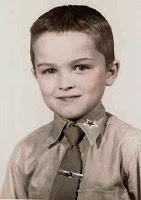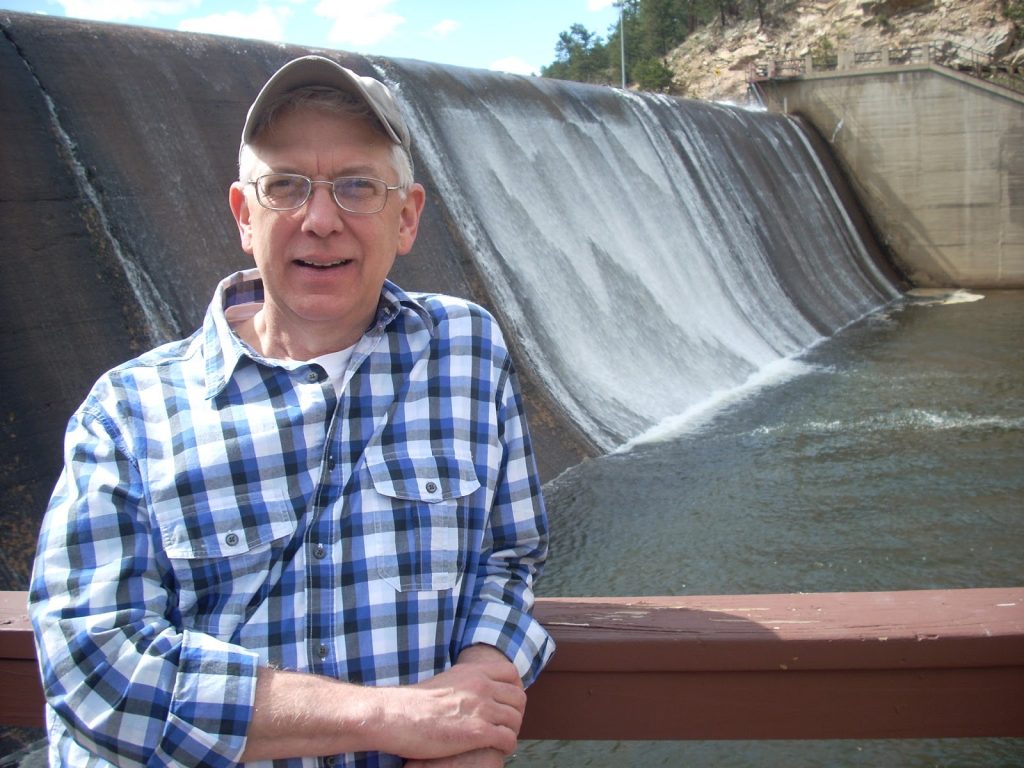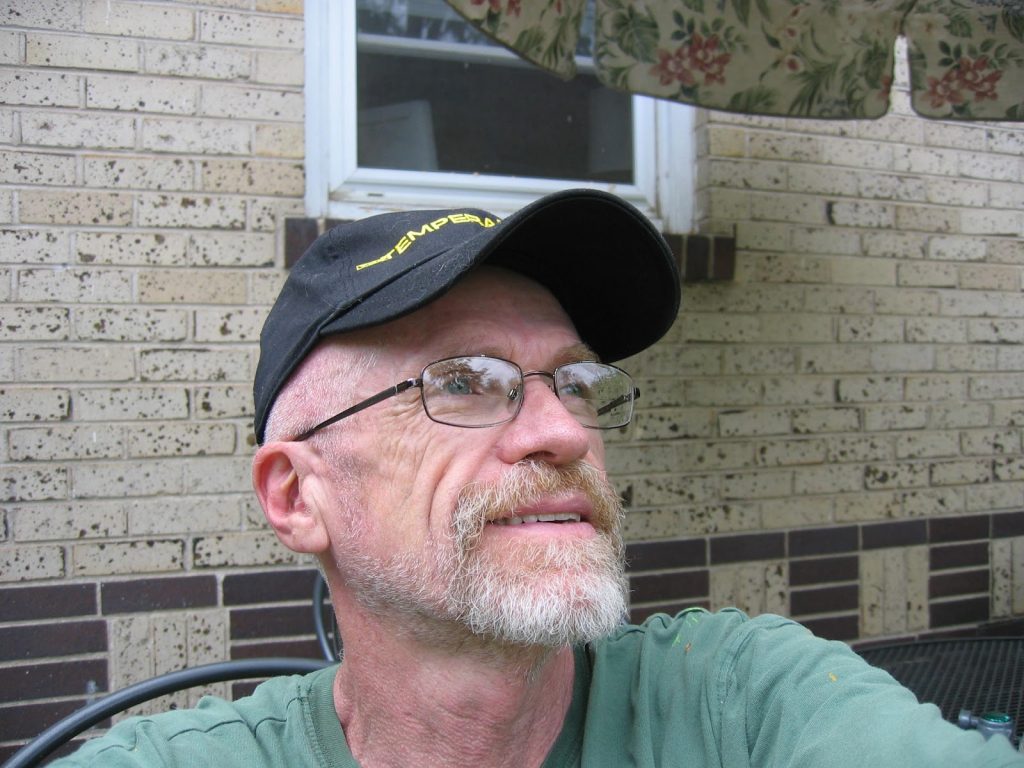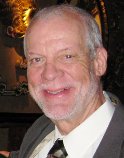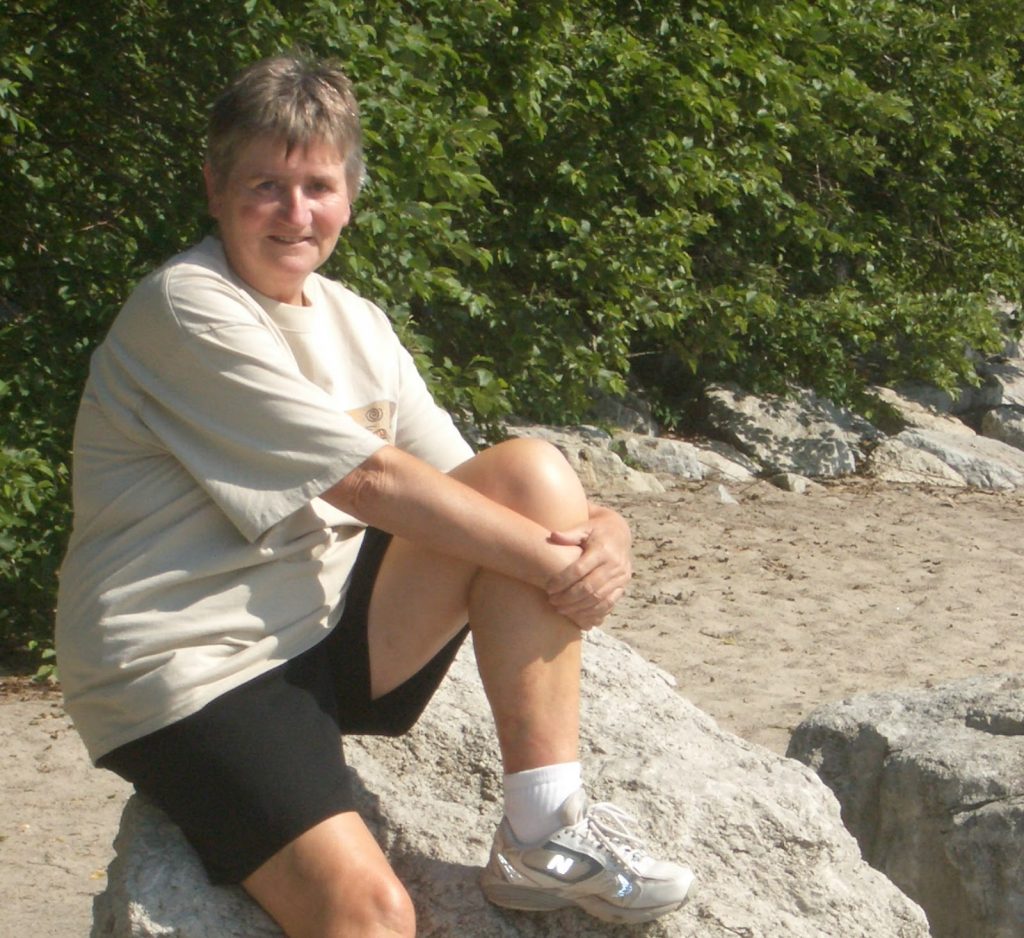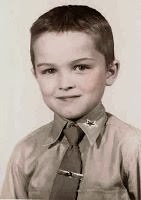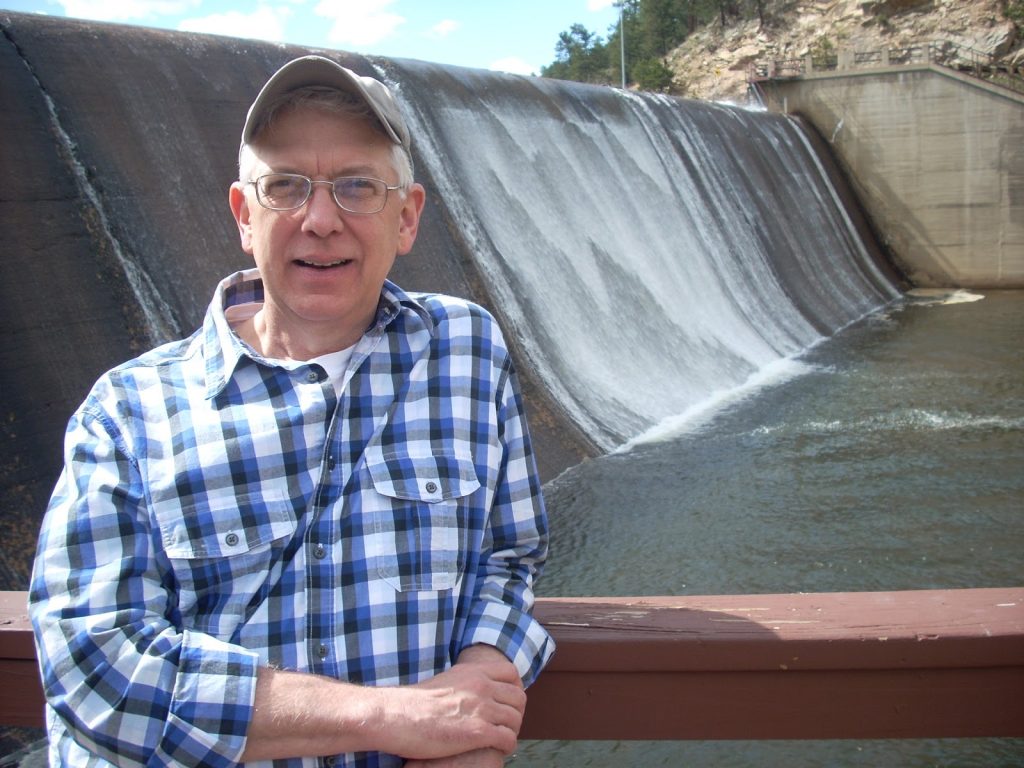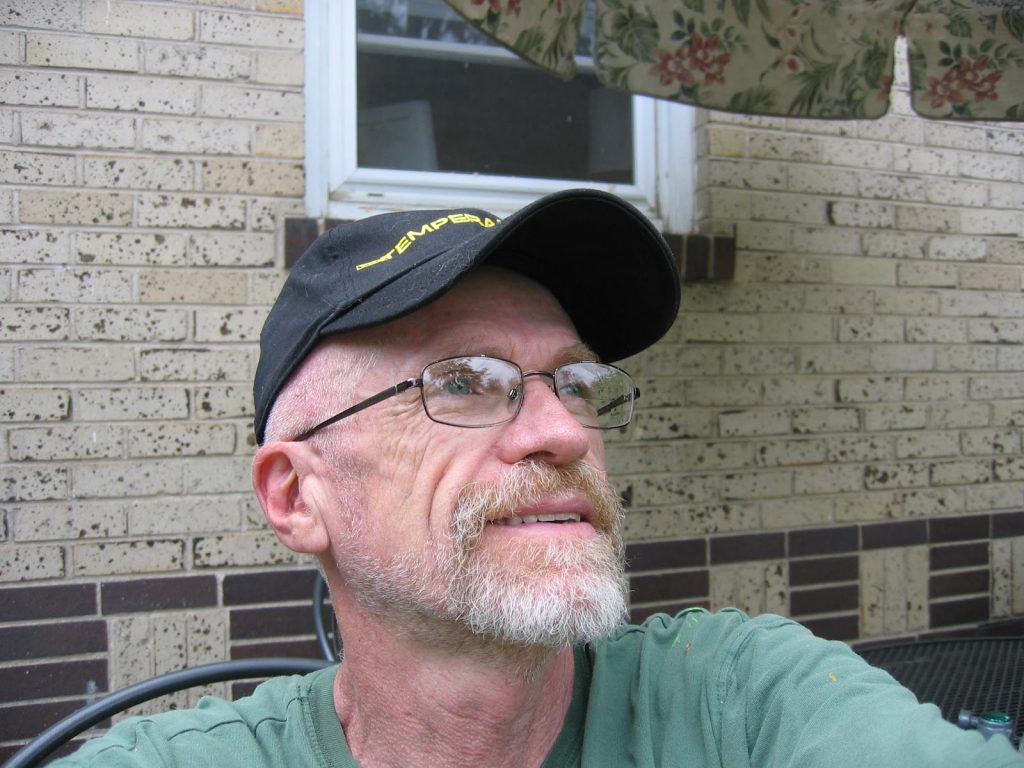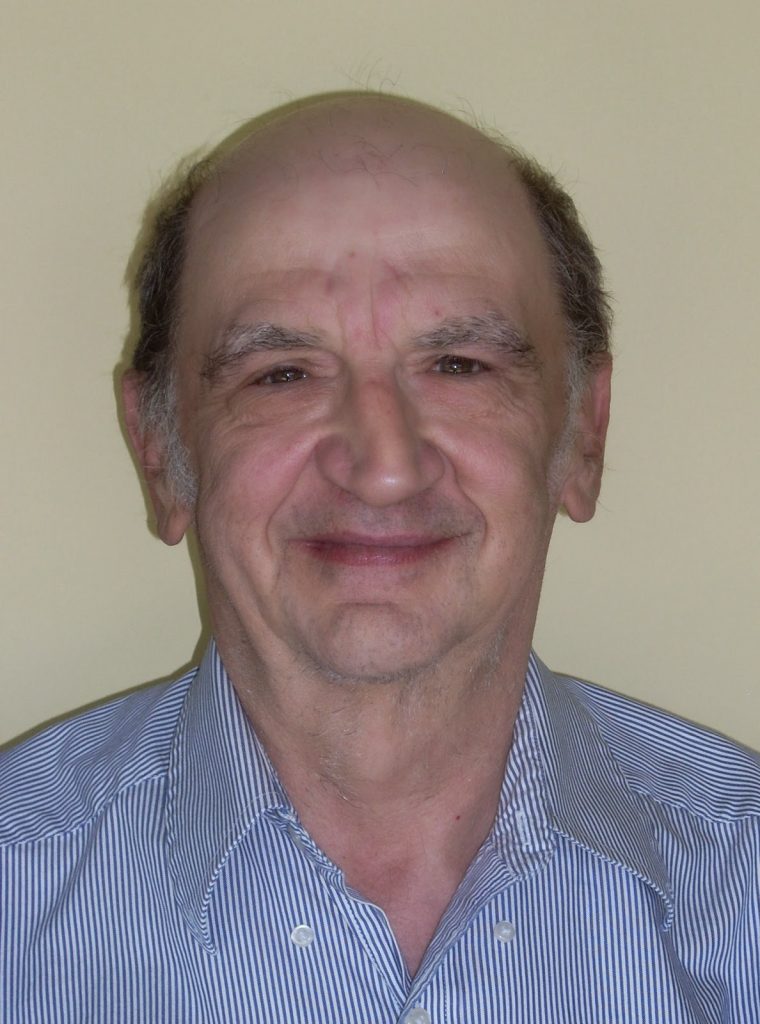My guess is that many people have things that they really don’t want everyone to know that would fall into the category of “personal” rather than “secret.” Of course governments and politicians or others in authority routinely abuse the “official” system of designating some information as belonging to the class “state secrets.”
The only one of those that I am personally aware of (and involved in not keeping) occurred when I was stationed in Florida with the Air Force during the Vietnam era. One day my First Sergeant called me into his office and asked me what my security clearance level was. I told him Top Secret. He then handed me a folder and said read this. Inside was a message labeled “Secret” which said, “The Inspector General team will arrive at your base at 1300 hours [tomorrow—I don’t remember the date].” It was nice to get a heads up, but my section (Headquarters Squadron Section; Orderly Room) was already “perfect,” if I do say so myself. So, I didn’t need the warning. But it did indicate that someone at higher headquarters was circumventing the system of surprise inspections. I’ve never trusted the government since; or at least became suspicious every time some official claimed, “Sorry, that’s classified information.”
In high school I was pretty much an honest person and had nothing to hide. Naturally, I didn’t want just anyone in high school to know that I liked to suck dick, but since I remained naïve throughout the time period that 69ing was a definition of homosexuality, I still classify that item as personal and not a secret per say; you can disagree, but that was how I viewed it. Mostly because at the time, I didn’t even know what a homosexual was as I never had heard the word used or defined in my presence.
This weekend, while here at So. Lake Tahoe, I attended my 45th class reunion. I was worried that no one would remember me as I was a nerdy type who never socialized after school due to having to be home to babysit my younger siblings. I worried for nothing. Within 5 minutes one elderly dude (I can say that because the class of ’66 members are the same age and 63 is pushing “elderly” in my book; not “old”, but “senior citizens”). I didn’t not recognize him and when he began to tell me that “you lived on this street [drawing in the air with his hands] and I lived over here on Becka Street.” I knew he remembered much that I didn’t. He then “reminded” me that he had been to my house a couple of times so I could teach him how to play chess. When I asked him how we met, he looked at me and said, “Duh, high school,” and then gave me the embarrassment coup-de-gra by stating, “I was in your Explorer Scout Post.” Strangely adding to my embarrassment, just a few days earlier I had seen in the old newspapers I was researching for articles on Scouting, a large photograph of our Explorer Post and he was not in it when the photo was taken.
I met others and when the subject came up I discovered that several admitted that their parents had been alcoholics also. Most of those who shared that information (personal or secret you be the judge) with me also said that many classmates they spoke to besides me had said the same thing.
The biggest secret from high school then, turned out to be that while individually we all may have thought that all our classmates had “Father Knows Best” and “Leave It to Beaver” home lives, we actually had the darker side of family life in common. How much better high school could have been if we had only known and not had be to be so stressed out to not let others know of our personal pain and shame.
@ 2012
About the Author
I was born in June of 1948 in Los Angeles, living first in Lawndale and then in Redondo Beach. Just prior to turning 8 years old in 1956, I began living with my grandparents on their farm in Isanti County, Minnesota for two years during which time my parents divorced.
When united with my mother and stepfather two years later in 1958, I lived first at Emerald Bay and then at South Lake Tahoe, California, graduating from South Tahoe High School in 1966. After three tours of duty with the Air Force, I moved to Denver, Colorado where I lived with my wife and four children until her passing away from complications of breast cancer four days after the 9-11 terrorist attack.
I came out as a gay man in the summer of 2010. I find writing these memories to be therapeutic.
My story blog is TheTahoeBoy.Blogspot.com
